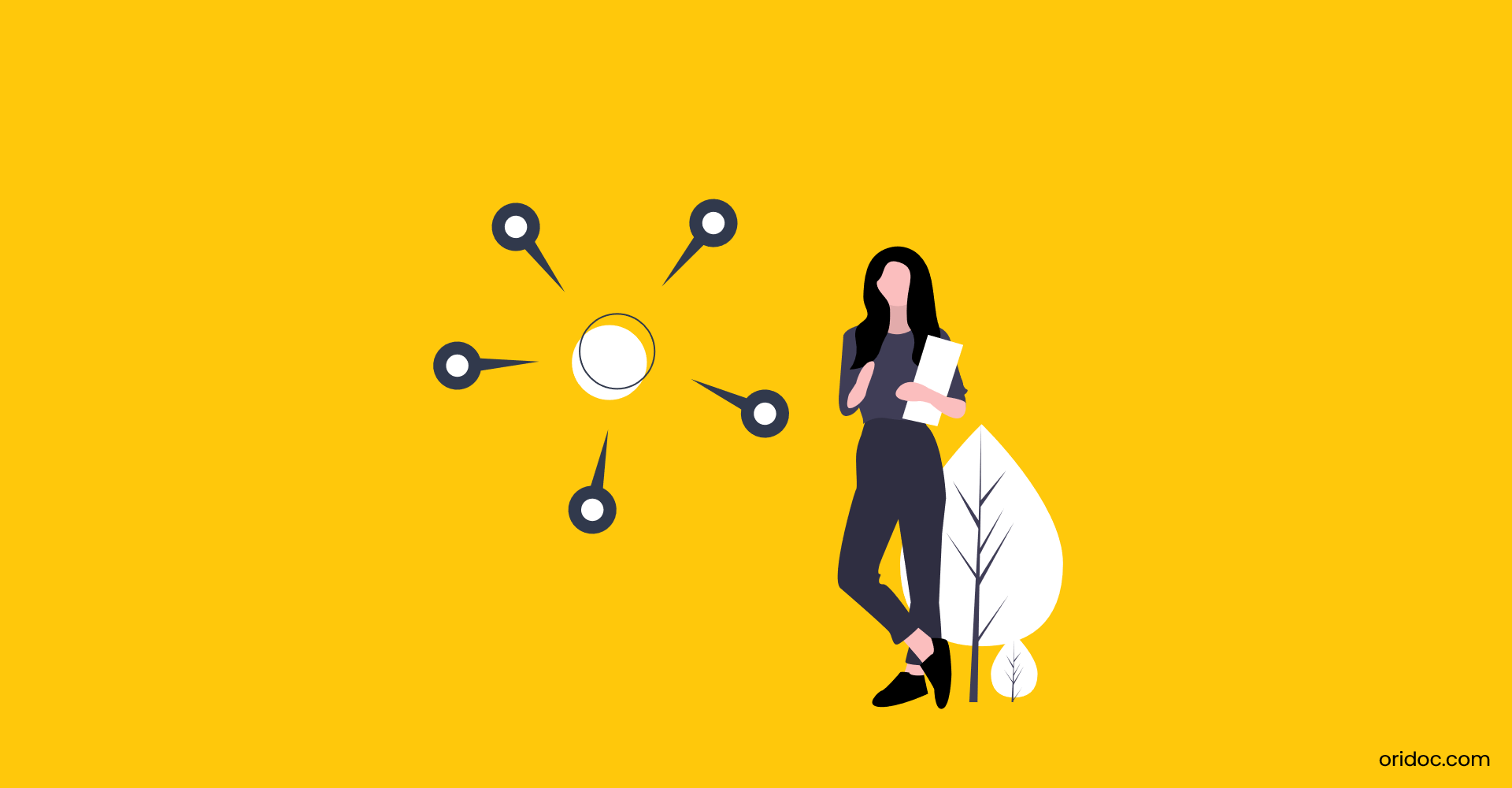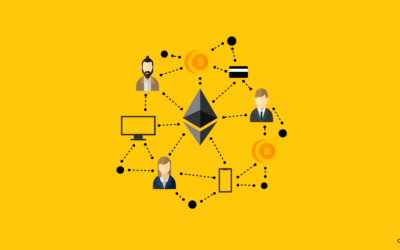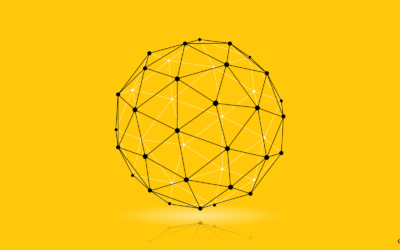NFT stands for Non-Fungible Token.
NFTs are digital assets that are publicly verifiable intellectual property authenticated on a blockchain. Similar to Bitcoin and other cryptocurrencies, non-fungible tokens rely on the decentralized power of blockchain technology to verify their authenticity. But unlike cryptocurrencies, they’re not interchangeable. You can’t swap an NFT for a car or buying a pizza, because each NFT is attached to a specific digital asset such as a ticket coupon, digital arts, a collection of trading cards. Every bitcoin has the same value at the same time. Not so with NFTs. In short, think of an NFT as a unique, digital version of a certificate of authenticity, publicly rubber-stamped by the blockchain. Think of Pokémon cards, rare coins or a limited-edition pair of Jordan’s. No two NFTs are the same. NFTs create scarcity among otherwise infinitely available digital assets.
Non-Fungible Token is currently one of the trending topics in the world. It came to the attention of the masses since an artwork “EVERYDAYS: THE FIRST 5000 DAYS” by crypto artist Beeple sold for $69.3 million at storied auction house Christie’s.
NFT’s can be used in our day-to-day lives and here are the current NFT use cases: collectables, gaming, art, virtual worlds, and real-world assets and documentation.
Digital Art
Blockchain technology offers proof of ownership, greater transparency, enhanced security, and easier traceability. For digital artists, it is currently very challenging to maintain copyright over their work. Through NFTs, someone can buy digital art and proudly showcase it in a virtual space knowing the full history of information about the asset. For example, artist details, date of origin, previous owners, and asset value throughout its lifetime. Artists can get their art’s worth paid 100% without the need for third-party fees.
Personal Data and Certification
In the digital era, controlling personal data is very difficult. NFTs could make your medical history, personal profile, education, and address details go digital, making it much easier for you to be in control of your data. non-fungible assets hold unique information about a particular good or asset, which makes NFTs a great use case for verifying licensing and certifications. Course completion certificates, such as any other degree or license in digital form.
Business Administration
NFT’s can allow Admins to save a lot of time by accessing such data regarding licenses and patents. Patents and licenses in the form of NFTs take away the burden of record checking and verification. Subsequently, the approach also delivers an easier approach for storing evidence of patent filing and licensing.
Sports Industry
In the sports industry, counterfeit tickets and merchandise can be stopped using NFT. Tokenized sports game tickets with the unique information of the registered owner of the ticket on the blockchain easily solve the challenge of counterfeiting. Also, NFTs can be assigned to physical merchandise such as sweaters or scarves, so that the owner can register and verify the official merch item as theirs, on the blockchain.
Media & Entertainment
Piracy is on the rise ever since the internet came about. With the introduction of NFT, each piece of media or film could be appended to the blockchain as a non-fungible token, preventing files from being copied or shared without permission. NFT shows the origin, hence can also eliminating ‘fake news.
Real Estate
NFTs could be used to cut third-party intermediaries out of the real estate transaction process, thereby reducing costs. By tokenizing real state properties smoother transactions can be ensured and eliminate conflicts over ownership of land and estate assets.
B2B + B2C Businesses
Blockchain has been able to meld seamlessly in both the B2B and B2C world with the assurance of advantages to all supply chain participants. Consumers could easily verify the ownership information of their products items and accessories digitally, thereby reducing the risks of counterfeiting frauds. Consumers can just scan a simple QR code on the price tags with a product that is in the form of an NFT.
At oridoc, we are excited about the future applications and use cases of NFT. Do you have other possible use cases of NFT in mind? Please share with us in the comment section or just simply reach out to us via the contact form. The coffee is ready ☕








0 Comments